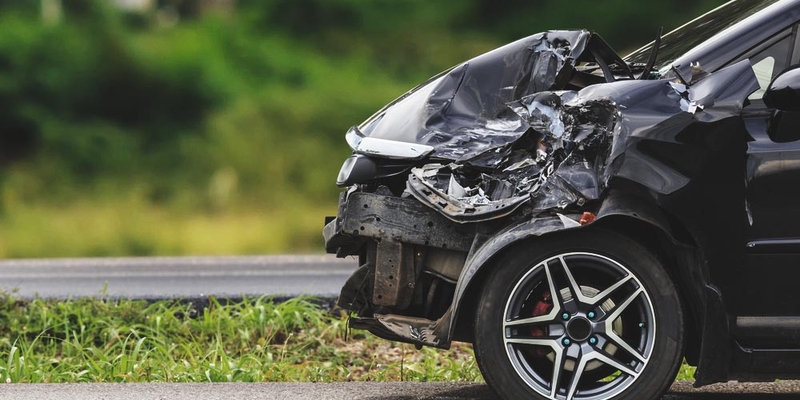
If you are not redirected within 30 seconds, please click here to continue.
Samedi: 10h – 16h HAE

If you are not redirected within 30 seconds, please click here to continue.
If you are not redirected within 30 seconds, please click here to continue.
What is a depreciation waiver, and should you add one to your auto insurance policy?

Purchasing a new car comes with a lot of expenses, like loan payments, upkeep and maintenance, and auto insurance, just to name a few. While this might seem expensive and overwhelming, think of these expenses as an investment that ensures the safety of your car, yourself, and your passengers.
Even after spending a chunk on your new car, the unfortunate reality is that it starts to depreciate in value the moment you drive it off the lot. But the good news is that if you add a depreciation waiver to your car insurance policy when you insure the vehicle, you’ll receive the original value of your vehicle at the time you bought it in the event of a total loss — as opposed to its depreciated value.
How does depreciation impact auto insurance in Canada?
Unlike your home, which typically appreciates in value over time, due to regular wear and tear, a new car begins to depreciate the moment you drive it off the lot.
A new vehicle loses about 20% of its value in the first year of ownership. After that, each year that passes brings the value of the vehicle down by about 15%. After five years, your new vehicle may be worth only 40% of its purchase price. So, if you bought it for $30,000, it will be worth only $12,000 after five years.
In the event of a collision, theft, or vandalism of a newly purchased car, you won’t be reimbursed for the full value of your vehicle. Instead, you’ll be paid its depreciated value — unless you added a waiver of depreciation to your auto insurance policy.
What is a waiver of depreciation?
A depreciation waiver is optional coverage you can purchase wherein your car insurance provider would pay out the original value of your vehicle when you purchased it as opposed to its depreciated value at the time the loss occurs.
For instance, if your two-year-old new car was deemed a total loss in a collision, the depreciation waiver coverage ensures you’ll be paid out what you initially purchased your vehicle for, thereby allowing you to replace your wrecked car with a new one of equal value.
“The waiver of depreciation is an optional coverage that most insurance companies provide,” says Russ Courtney, a spokesperson for the Financial Services Regulatory Authority of Ontario (FSRA). “This coverage removes the insurance provider’s right to deduct depreciation from the value of the vehicle when settling a claim for loss or damage. Insurance providers choosing to offer this coverage must have the rate approved by FSRA.”
Courtney notes that the rate for this coverage varies by insurance provider and might be a simple, flat premium for all vehicles or it may vary depending on:
- The value of the vehicle at the time you bought it
- The historical claims costs associated with the vehicle
- The age of the vehicle
- Or as a percentage of the policy premium
“The rate for depreciation waiver coverage is generally higher for older vehicles and high-valued vehicles as they tend to have higher levels of depreciation,” he adds.
Other things to keep in mind with a depreciation waiver
A depreciation waiver is applicable only on the purchase of a new vehicle, and only for a specific period of time — usually one to three years after the purchase. The depreciation waiver does not apply to vehicle parts like batteries and tires.
Talk to your insurance company to find out if you are eligible to add a depreciation waiver to your policy. Courtney advises consumers to check with their insurance company as conditions and cost of this coverage varies widely from company to company.
Whether you want to check the terms of your insurance policy or shop around for the lowest auto insurance rate, RATESDOTCA provides the best value for your money by comparing rates from multiple insurance providers.
Interested in creating content with RATESDOTCA? Reach us at email@rates.ca.
Don't waste time calling around for auto insurance
Use RATESDOTCA to shop around, and compare multiple quotes at the same time.
Get money-saving tips in your inbox.
Stay on top of personal finance tips from our money experts!









